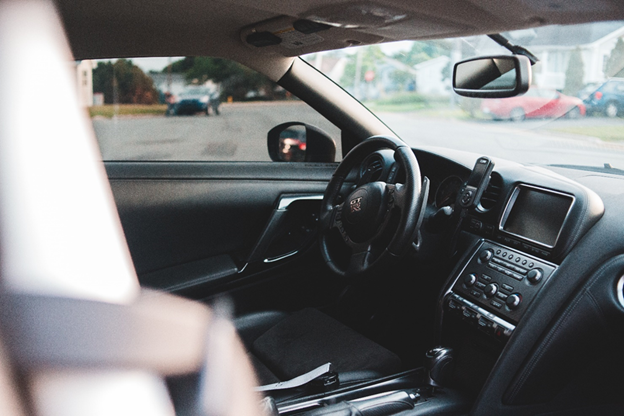Car leasing is akin to renting a house or apartment, a process familiar to many. Your chosen car will be made available to you upon selecting it and agreeing to the lease terms, with a fixed monthly payment required for its usage. As long as you comply with the stipulations outlined in the lease agreement, you will have access to the car for the lease period and will subsequently return it.
The monthly lease agreement cost is dependent on several factors, including the vehicle’s present value, expected depreciation, interest and fees charged by the lease provider, lease duration, and rental cost allocation. This may entail higher upfront or end-of-lease payments in exchange for lower regular payments. Additionally, the annual mileage planned and allowed over the lease term are taken into account.
The lease agreement comprises terms similar to those of a tenancy agreement, outlining the lease duration (typically two to four years), the vehicle’s annual and overall allowed mileage, penalties for exceeding mileage limits, upfront payment requirements, monthly payment schedule, ramifications of missing a lease payment, end-of-lease options, and early termination regulations. Find out about personal car leasing by the click of a button and bump up your ride in no time!
How can this help me upgrade my choice of car?
Reduced Monthly Fees
The financial strain of monthly expenses may be partially lessened with a lease. A lower down payment is often required for leasing compared to purchasing. As a result, some people choose to drive more expensive cars than they otherwise could. 3 Every few years, a new car. The sensation of a brand-new vehicle is unparalleled for many individuals. After a lease expires, you can return it and purchase your next brand-new vehicle. Also, leasing gives you access to new automotive technologies every few years.
Worry-Free Maintenance: A warranty that lasts at least three years is standard on many new autos. Some substantial, unplanned expenditures may be eliminated with the use of leasing arrangements.
No Concern for Resale: Unless the driver chooses to purchase the vehicle, the vehicle can be returned to the dealer after the lease is up. There is no need to be concerned about trading the automobile in or selling it to lower the price of the upcoming vehicle. Only end-of-lease expenses, such as those for unusual wear or extra miles on the vehicle, should be taken into account.
Possibility for Tax Deductions: Leasing may provide larger tax breaks than borrowing if an automobile is utilized for business reasons. The Federal Revenue Agency permits the deduction of both the financing expenses and the depreciation that are included in each monthly payment. The amount that may be written off could be restricted if a premium automobile is leased.
What are the cons of buying a car?
Cons of buying:
Rapid depreciation of the car’s value in the first few years of ownership.
Higher upfront costs compared to leasing, with a larger down payment and loan payment to consider.
Higher repair and maintenance costs after the manufacturer warranty expires.
Potential concerns about the car’s resale value and market demand.
Higher insurance costs, especially for newer or more expensive cars.
The point is….
Leasing versus buying a car depends on personal factors like lifestyle, driving habits, and financial status. Leasing can be a vibey choice for people who want to make smaller monthly payments, have the opportunity to drive a new car with advanced technology every few years, and avoid the hassle of selling their vehicle. It can also provide access to luxury models that might otherwise be unaffordable. On the other hand, buying a car means either owning it outright with cash or building equity through a car loan, with complete control over expenses and the freedom to modify, drive, and dispose of the car as desired.
In Conclusion
Leasing a car can be a cheaper way to upgrade your choice of car, as it typically involves a smaller down payment and lower monthly costs compared to buying. It also allows for driving a new car every few years and worry-free maintenance, as well as potentially offering tax deductions for business use. However, it is important to remember that leasing also has its negatives. In contrast, buying a car has cons such as rapid depreciation, higher upfront costs, higher repair and maintenance costs, and higher insurance costs.

